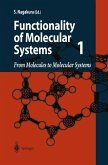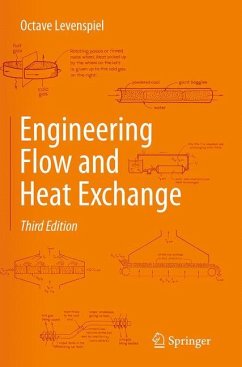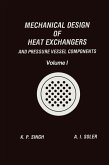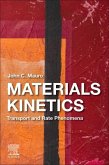Non-uniform combustion, as encountered in diesel and gas turbine engines, furnaces, and boilers, is responsible for the conversion of fossil fuel to energy and also for the corresponding formation of pollutants. In spite of great research efforts in the past, the mechanism of non-uniform combustion has remained less explored than that of other combustion types, since it consists of many, mostly transient processes which influence each other. In view of this background, a group research project, "Exploration of Combustion Mechanism", was established to explore the mechanism of combustion, especially that of diffusive combustion, and also to find efficient ways to control the combustion process for better utilization of fuel and the reduction of pollutant emission. The group research was started, after preparatory activity of 2 years, in April 1988, for a period of 3 years, as a project with a Grant-in-Aid for Scientific Research of Priority Area subsidized by the Ministry of Education, Science and Culture of Japan. The entire group of 43 members was set up as an organizing committee of 13 members, and five research groups, consisting of 36 members. The research groups were: (1) Steady combustion, (2) Unsteady spray combustion, (3) Control of combustion, (4) Chemistry of combustion, and (5) Effects of fuels. At the beginning of the project it was agreed that we should pursue the mechanism of combustion from a scientific viewpoint, namely, the target of the project was to obtain the fundamentals, or "know why", rather than "know how" of combustion.
Hinweis: Dieser Artikel kann nur an eine deutsche Lieferadresse ausgeliefert werden.
Hinweis: Dieser Artikel kann nur an eine deutsche Lieferadresse ausgeliefert werden.








